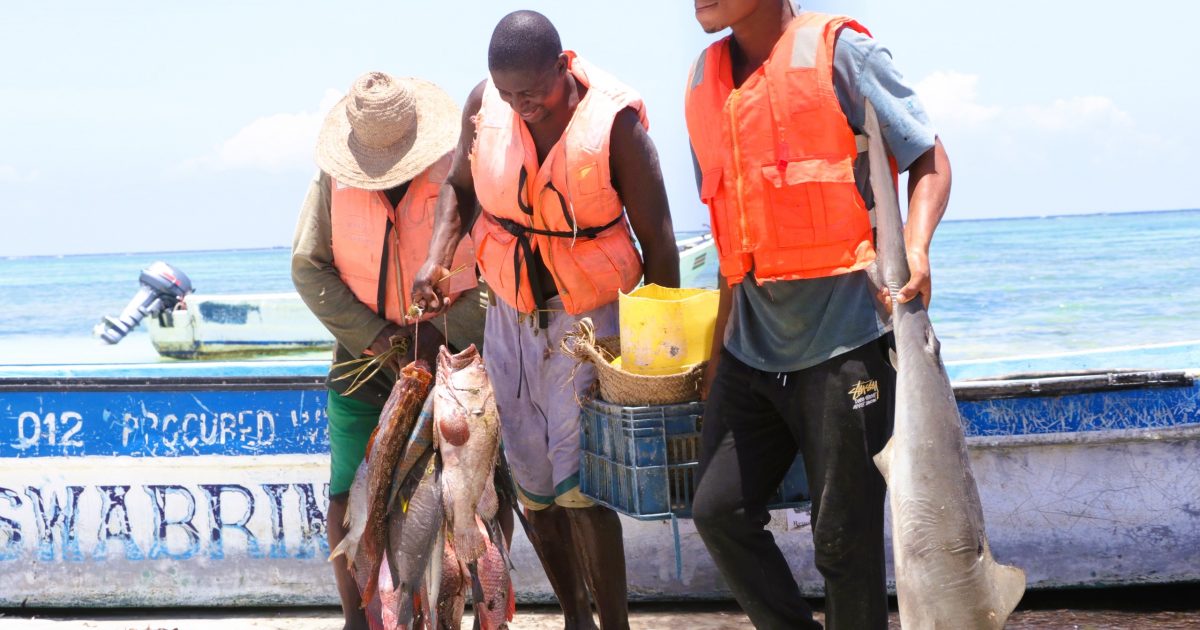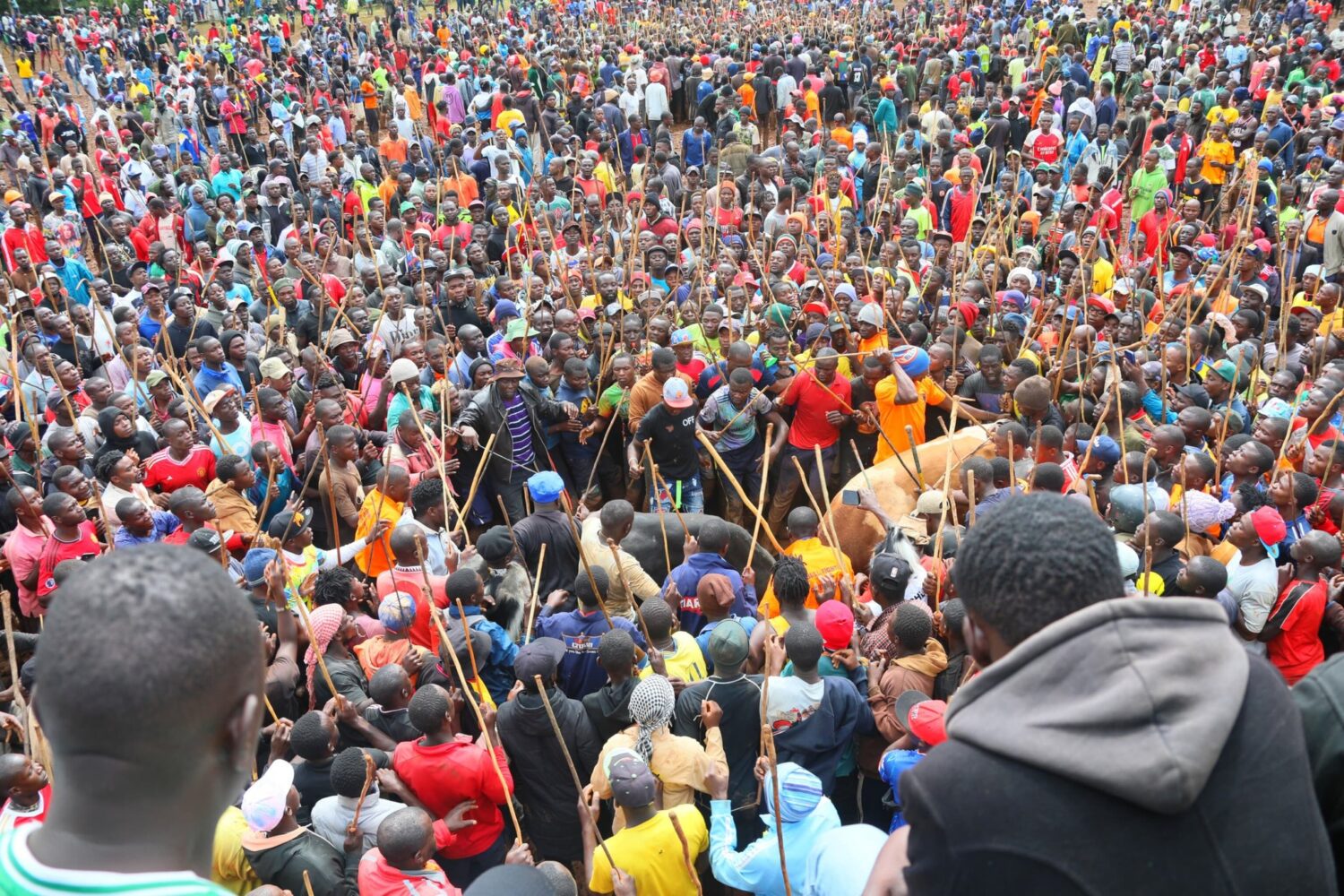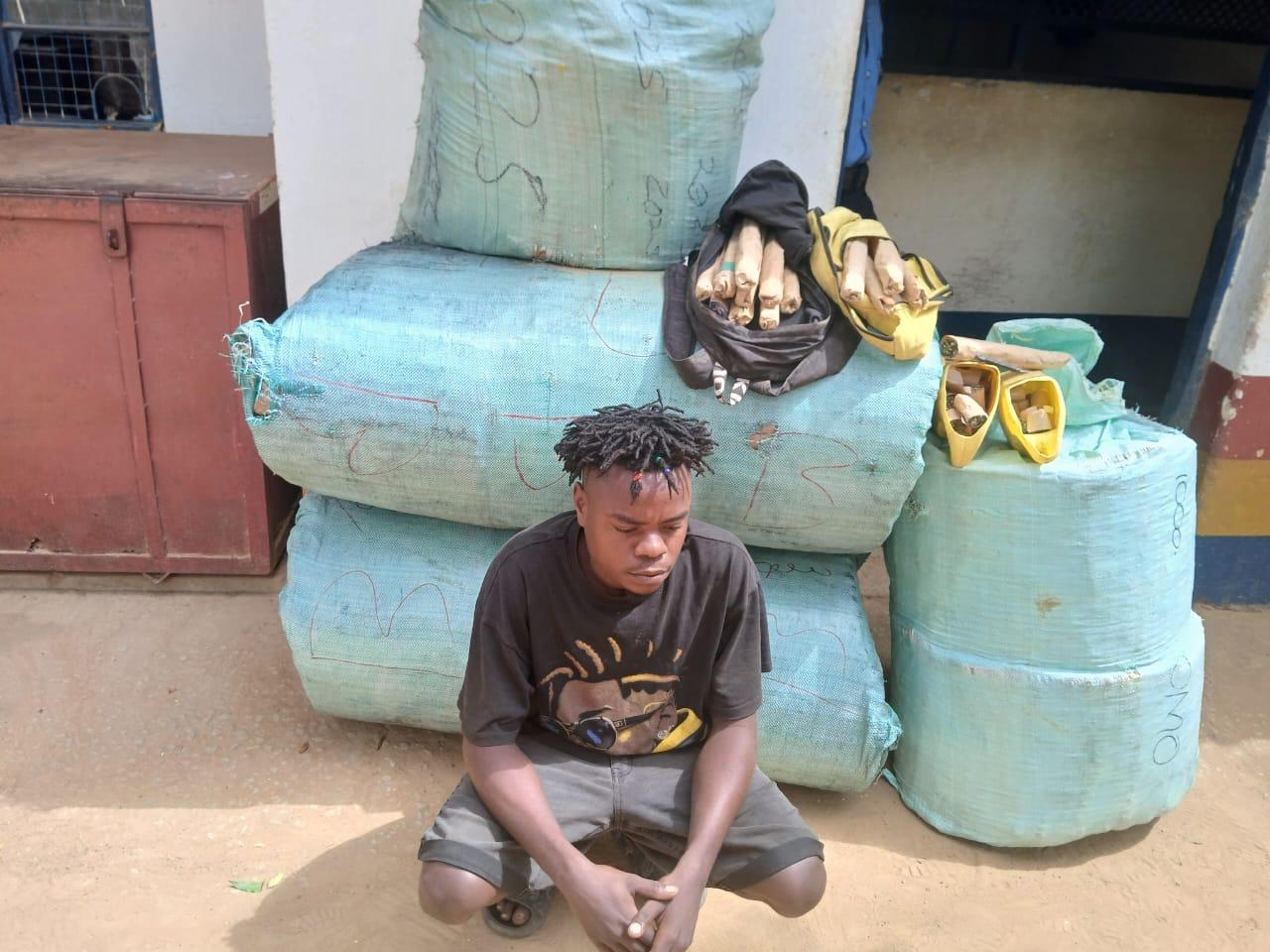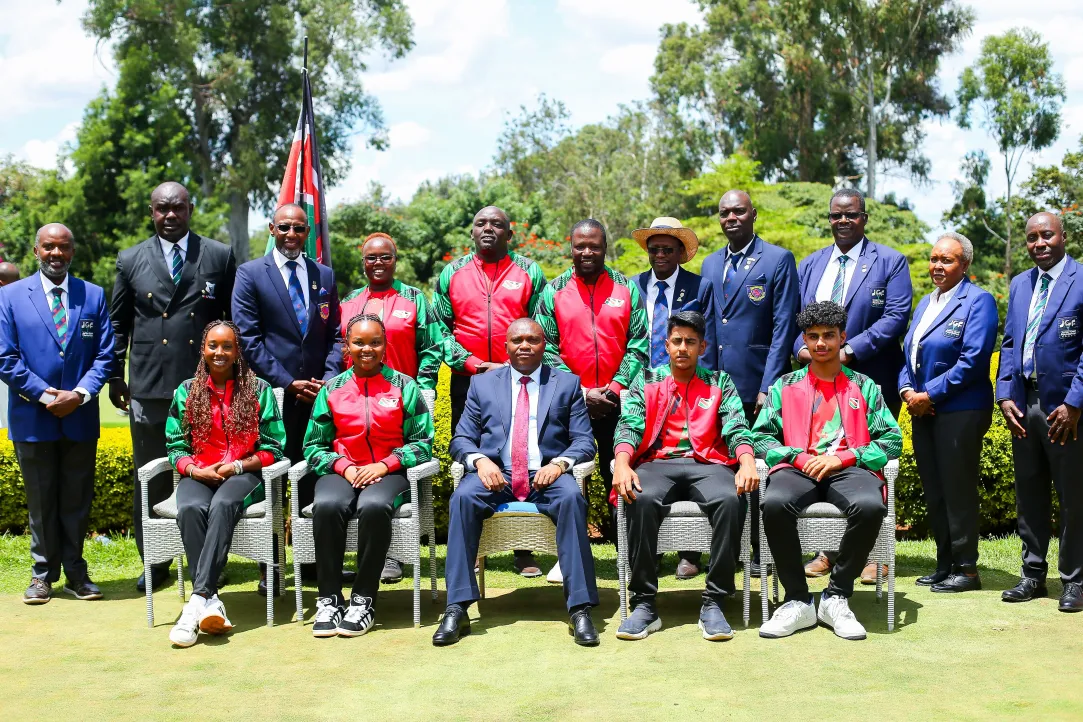Kwale County is making significant strides in transforming its fisheries sector through the Kenya Marine Fisheries Socio-Economic Development (KEMFSED) project, aimed at enhancing sustainable livelihoods for coastal communities.
The initiative, backed by the World Bank and implemented through the State Department for Blue Economy and Fisheries, is part of a Sh10 billion program running from 2020 to 2025 across coastal counties including Mombasa, Kilifi, Lamu, and Kwale.
Governor Fatuma Achani said the project is unlocking Kwale’s fisheries potential by modernizing infrastructure, building capacity, and improving access to fishing equipment. She noted that the sector plays a key role in the county’s food security and economic growth.
“This initiative is not just about increasing fish catches; it’s about transforming lives and creating sustainable livelihoods for our coastal communities,” she said.
Under the project, 76 fishermen, including four women, have been trained as certified coxswains, allowing them to operate vessels and safely conduct deep-sea fishing. The county has distributed 60 modern boats equipped with GPS devices, fish finders, outboard motors, and value-added tools to small-scale fishers.
Communities in Tsunza, Waa, Tiwi, Msambweni, Mkwiro, and Vanga have reported a sharp increase in fish yields, with daily catches rising from 2-3 kilograms to over 1.5 tons, thanks to better equipment and access to Kenya’s Exclusive Economic Zone (EEZ).
“Previously, local boats were not fit for deep-sea fishing,” said Achani. “Now, fishermen can access richer fishing grounds safely and sustainably.”
In addition to boats and gear, nine modern fish landing sites have been constructed in Shimoni, Vanga, Gasi, Chale, and Tsunza. These are fully equipped with cold storage and handling facilities, allowing fishers to preserve their catch and access premium markets.
County Executive for Agriculture and Fisheries Roman Shera said the cold storage units have reduced waste while boosting incomes. “Fresh fish fetches better prices than dried fish,” he said.
Fishermen like Mohammed Mbogo and Halima Hamisi praised the changes, noting that modern equipment and training have boosted their earnings and revived hope in the industry.











